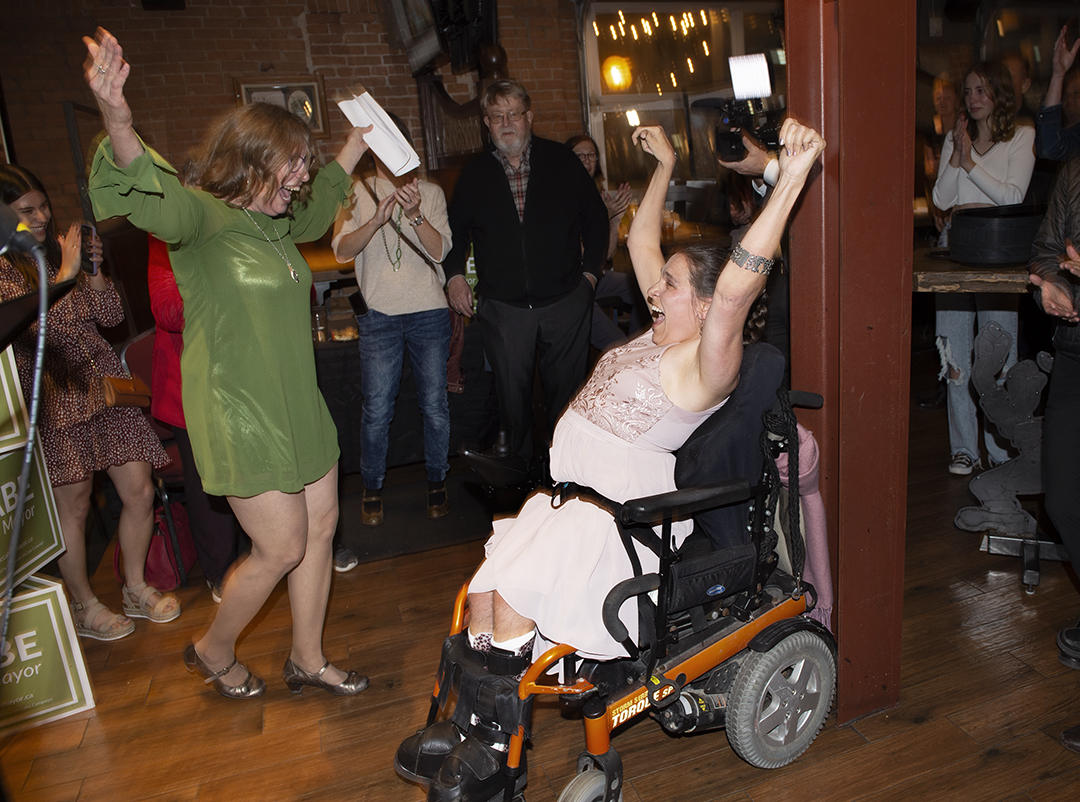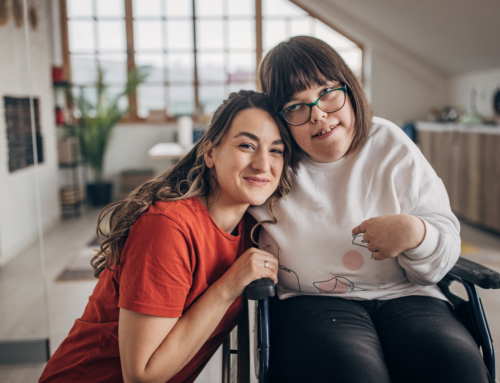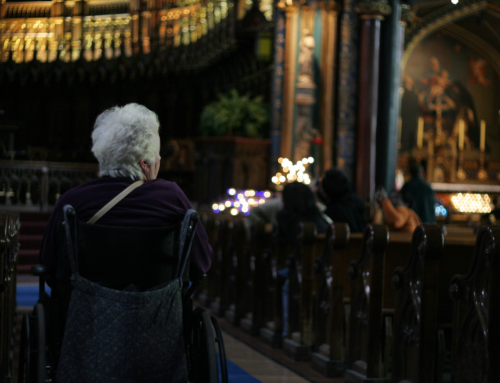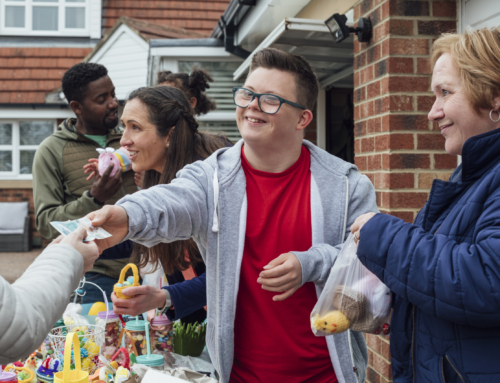This is the conclusion of a three part series.
- Part 1: Power In Policies Rather Than People
- Part 2: The Powerful Potential of a Level Playing Field
I have a profound fear of my wheelchair battery dying. The rare occasions on which this has happened in the past have produced a lasting fear because they have put me in vulnerable, unsafe situations with little recourse. For most people, myself included, the fear of a loss of other kinds of power, money, time, resources, and one’s voice, can be just as scary. We need to get better at sharing the power we have been given in order to continue following the example that Jesus set for us and to usher in the kingdom of heaven on earth.
Based on Jesus’ example I know that the key to shalom, or wholeness, and human flourishing is not found in the pursuit of power or obsession with control. Yet, I need to get better at sharing the power I have been given because I know people who have gone out of their way to share their power with me, and I know how much I have benefited from this.
A former colleague and dear friend of mine with a lot of political expertise invited me out for coffee in the midst of her Mayoral campaign. She encouraged me to run for Regional Council. In her view, I would offer a needed perspective that no other candidates could. She effectively shared her power by introducing me to all kinds of people who might help with my campaign in a variety of ways. She also invited me to visit Regional Council chambers.
The region I live in did not yet have an elected representative with a visible disability. However, they were forward thinking in the sense that well before someone who uses a wheelchair was elected, they made Council Chambers fully accessible. Upon witnessing it for a brief moment, I could see myself there and I could see that God might want me there especially because in this capacity I could influence many systemic barriers, particularly those related to housing and transit.
In October 2022, I was elected to serve as a Regional Councillor representing Waterloo. Regional Council is in fact an example of shared power at its best. The decision-making power is evenly distributed among 16 elected representatives with different needs and different perspectives.

Dorothy McCabe, left, and Chantal Huinink celebrate their wins for Waterloo Mayor and Regional Councillor, at McCabe’s Irish Pub and Grill in Waterloo. Photo and caption from The Waterloo Record article.
I need to get better at sharing the power that I have been given because I have learned that the force of a diverse influential group is more dynamic and powerful than that of one person who holds a majority of power.
I need to get better at sharing the power that has been given to me because from my new vantage point on Regional Council, I can see that the opinions and interests of people with intellectual disabilities and other marginalized populations are often overlooked. This is a critical gap because being at the decision-making table does not necessarily mean that you get what you want. It merely means that you get to express the opinions and interests of yourself and the people you represent which will serve to influence the decisions that are made.
I am not always successful in achieving everything I want for myself and my constituents, but I can at least give voice to the challenges I experience and the challenges of others who I represent, as well as put forth potential solutions for addressing them. People with developmental disabilities do not yet have this opportunity because they are not represented at the table.
We must not assume the absence of individuals with developmental disabilities from decision-making spheres is due to a lack of skill or aptitude. Speaking from experience, I can tell you that almost every first-time councillor is ill-equipped, whether they have disabilities or not.
I think people with developmental disabilities not being represented at decision-making tables – be they in your school, your workplace, your church, your regional council or elsewhere – has about as much to do with not aspiring to such roles as it does with not being invited to imagine themselves in those roles or being connected to who might value, respect and support them to pursue such roles. I would not have either if the mayoral candidate who is now the mayor of Waterloo did not first contact me and then invite me to see it for myself. She had no idea how significant this experience was for me at the time.
Questions to Consider
-
Who helped you get to the position of influence that you currently occupy, and what role did they play in this?
-
What decision-making bodies are you currently a part of? Whose perspectives are not yet present in these decision-making bodies?
-
What relationships do you have with people who are not yet represented in the decision-making that you are a part of? What steps can you take to connect them with others who would support them in such roles or invite them to imagine themselves in these positions?
-
If you do not currently have a relationship with an individual whose points of view are underrepresented in your context, what steps will you take to get connected and build such a relationship?


